All Stories
-
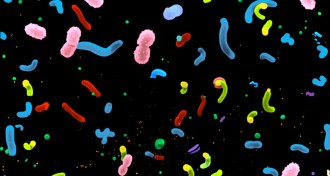 Life
LifeOcean microbes orchestrate gene activity
The bacteria’s daily cycles aren’t just for photosynthesis, a new study suggests.
-
 Life
LifeFiber optics in mammals’ eyes separate colors
Specialized cells in the retina separate different wavelengths of light to enable sharp vision during the day without harming night vision.
-
 Tech
Tech1960s research paid off in automotive safety
Scientists in 1964 were studying shatterproof glass, which was mandated just a couple of years later.
-
 Health & Medicine
Health & MedicineBabies are kinder after you dance with them
Babies who grooved in sync with an adult were more likely to be little helpers later.
-
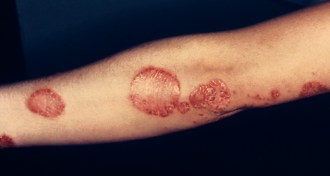 Health & Medicine
Health & MedicineTwo genes clear up psoriasis and eczema confusion
Psoriasis and eczema are often mistaken for each other, leading to mistreatment. Testing just two genes could eliminate this confusion.
By Nsikan Akpan -
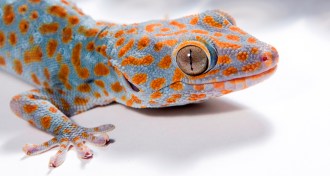 Life
LifeGecko adhesion takes electric turn
Challenging a favored theory, measurements suggest that electrostatic interactions make gecko feet supersticky.
By Nsikan Akpan -
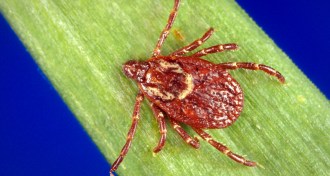 Health & Medicine
Health & MedicineYet another reason to hate ticks
Ticks are tiny disease-carrying parasites that should also be classified as venomous animals, a new study argues.
-
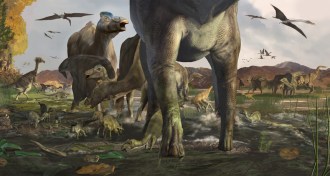 Paleontology
PaleontologyDuck-billed dinosaurs roamed the Arctic in herds
Young and old duck-billed dinosaurs lived together in herds in the Arctic, tracks preserved in Alaska indicate.
By Meghan Rosen -
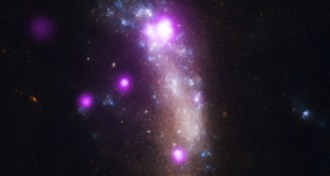 Astronomy
AstronomySupernova rapidly creates dust between stars
Astronomers watch a shell of dust form within weeks of a star’s explosion.
-
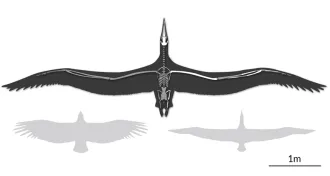 Paleontology
PaleontologyFossils reveal largest airborne bird
Despite its massive size, an extinct bird may have been an efficient glider.
-
 Quantum Physics
Quantum PhysicsQuantum math makes human irrationality more sensible
Vagaries of human decision making make sense if quantum math describes the way the brain works.
-
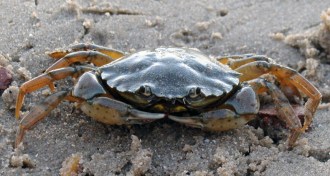 Environment
EnvironmentMicroplastics lodge in crab gills and guts
Crabs can absorb microplastic particles through their gills and by eating polluted mussels.
By Nsikan Akpan